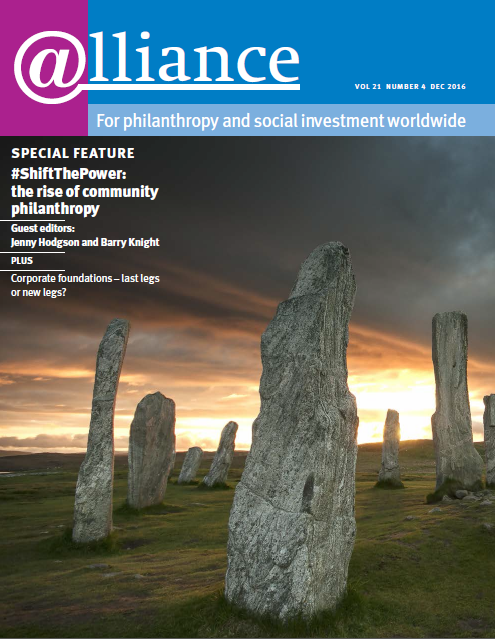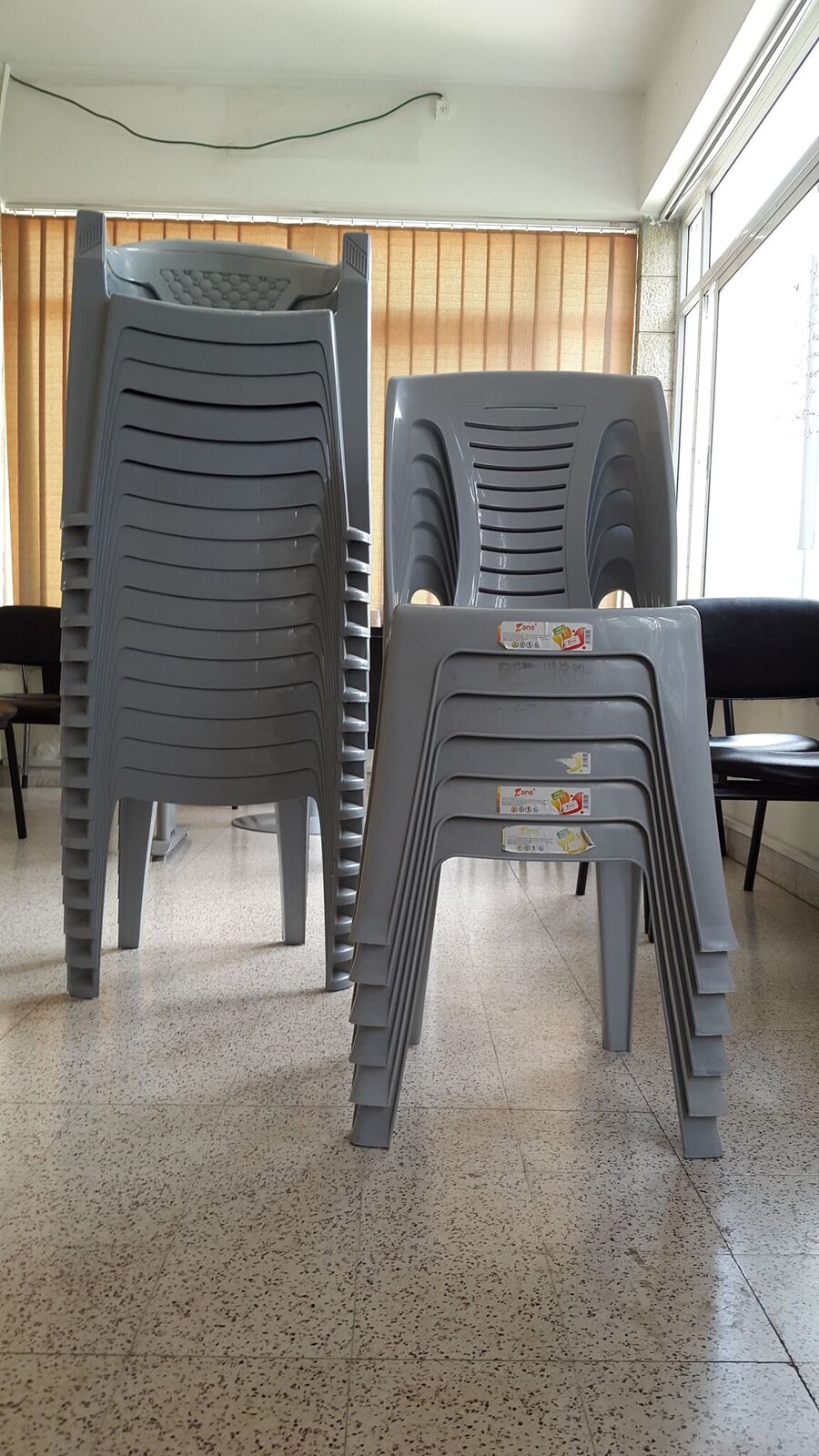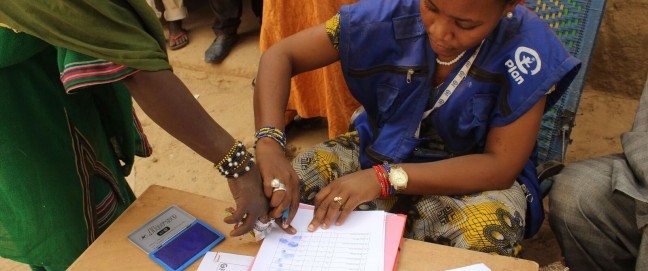I had served at the Dalia Association for about four months when we organized a women’s community evaluation meeting to discuss the last round of the women supporting women programme, our largest grantmaking programme.
I met a women’s group from the Farkha village who had received a small grant through the programme. The group president explained how they had used the grant money to purchase tables and chairs. Huh? Why on earth would they buy plastic tables and chairs with the grant funds? What was the community of women thinking when they voted for this ‘project’?, I thought to myself as I smiled back.
But the president went on to explain that previously they had to travel to a nearby village to rent tables and chairs every time they had a large community event. Now, the group rents out its chairs and tables within its own village, and donates them occasionally for community events such as the recent two-week training on developing an eco-village in Farkha. So the simple idea of purchasing chairs and tables enabled the group to ensure a source of income as well as provide a community service.
We believe in the community’s right to control its resources and its development.
Through the Dalia Association’s community programmes, the community identifies the priority or initiative that should receive grant support. We believe in the community’s right to control its resources and its development. Within this framework, community-controlled grants are awarded to resolve issues and priorities identified by the community through an open and transparent democratic voting process.
Our community organizers work with the local community to make the process inclusive, ensuring that everyone in the community is aware of an open public meeting and invited to participate. Once the community votes for the organizations and projects to receive the grant funds, a community monitoring committee is established to oversee the implementation of the grant. It is the community’s right to hold the grant recipients accountable.
Aisha Mansour is chief executive of the Dalia Association Palestine. Email aisham@dalia.ps
This article is a case study from Hilary Gilbert‘s article on durable development.








Comments (0)